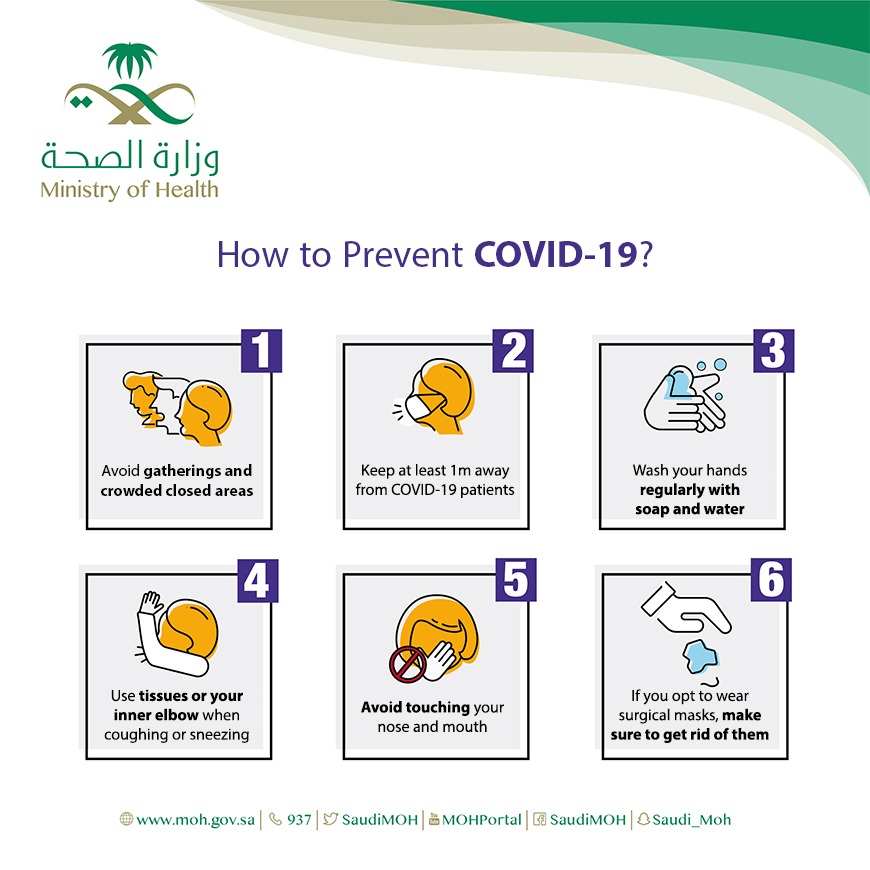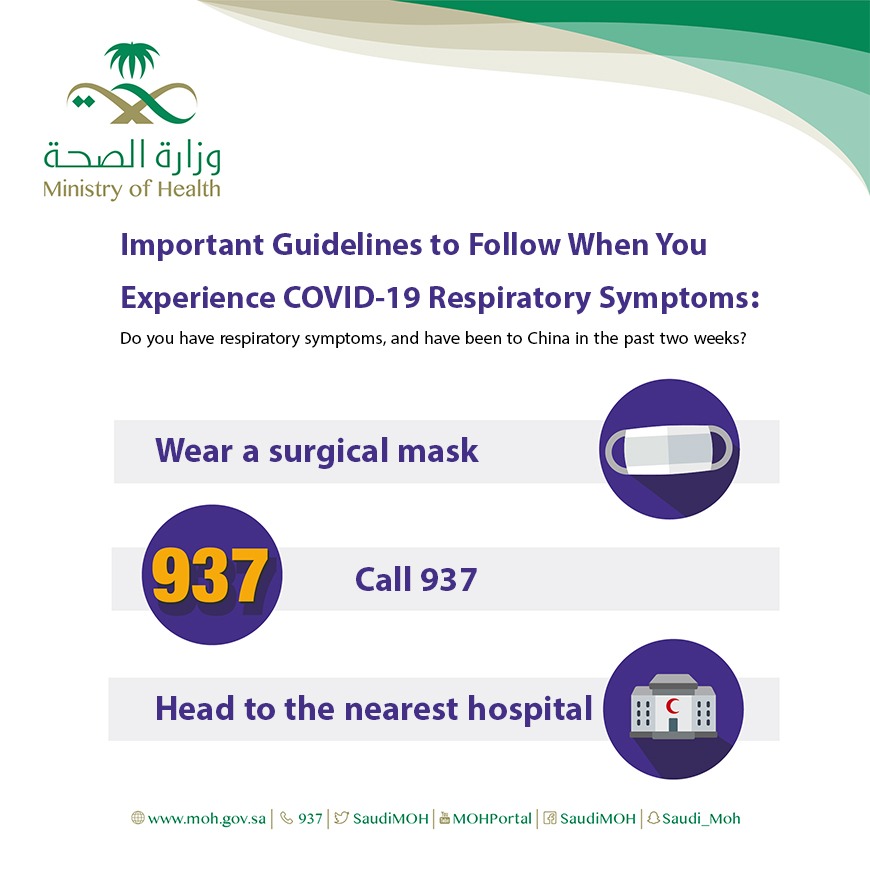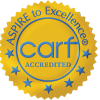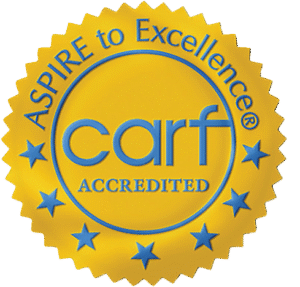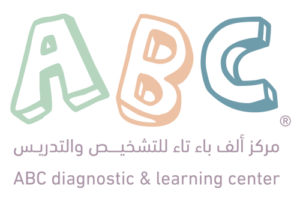Corona Virus
What are Coronaviruses?
Corona viruses (CoV) are a large family of viruses that cause illnesses ranging from the common cold to more severe diseases such as Middle East Respiratory Syndrome (MERS-CoV) in addition to Severe Acute Respiratory Syndrome (SARS-CoV).
What are the species of coronaviruses that Scientists have discovered so far and that humans can be infected with from an animal source?
Civet cats transmitted the SARS virus to humans in 2002 in China, and dromedary camels transmitted MERS-CoV to humans in 2012 in Saudi Arabia.
Also, the novel coronavirus (COVID-19) had some link to the seafood and animal market in Wuhan, China.
What is (COVID-19)?
It is the new coronavirus and most cases appeared in the Chinese city, Wuhan at the end of December 2019 in the form of acute pneumonia.
How the virus identified?
What is the origin of the virus?
Scientists believed that the COVID-19 originated in animals and most cases appeared in the seafood and animal market in Wuhan.
Can the virus spread from person to person?
Yes, the virus can spread from the infected person to another person through close contact without protection.
I just came from China having high temperature and shortness of breath … what shall I do?
Visit the nearest health facility, for more information call the 937 Service Center.
Can the COVID-19 spread through shipments coming from China?
According to available information, the goods imported from China pose no risk.
What are the symptoms of COVID-19?
The common symptoms of COVID-19 include: fever, cough, as well as shortness of breath and sometimes develops into pneumonia. It may cause severe complications in persons with immunodeficiency, the elderly and persons with chronic diseases such as cancer, diabetes and lung diseases. If you have any of these symptoms call the 937 Service Center.
Key Actions for COVID-19 Prevention:
Personal hygiene
Practice safe sneezing and coughing etiquette.
Avoid close contact with anyone who has common cold or flu symptoms.
Avoid unsafe handling animals, whether they are wild or on the farm.
Sneezing etiquette to prevent infection:
Use tissues for sneezing or coughing and dispose them immediately.
Wash your hands with warm water and soap.
Bend your arm and sneeze into your elbow.
The accreditation report is intended to support a continuation of the quality improvement of your organization’s program(s)/service(s). It contains comments on your organization’s strengths as well as any consultation and recommendations. A Quality Improvement Plan (QIP) demonstrating your organization’s efforts to implement the survey recommendation(s) must be submitted within the next 90 days to retain accreditation.
The QIP form is posted on Customer Connect (customerconnect.carf.org), CARF’s secure, dedicated website for accredited organizations and organizations seeking accreditation. Please log on to Customer Connect and follow the guidelines contained in the QIP form. Your organization should take pride in achieving this high level of accreditation. CARF will recognize this accomplishment in its listing of organizations with accreditation and encourages your organization to make its accreditation known throughout the community. Communication of the accreditation to your referral and funding sources, the media, and local and federal government officials can promote and distinguish your organization. Enclosed are some materials that will help you publicize this achievement.
